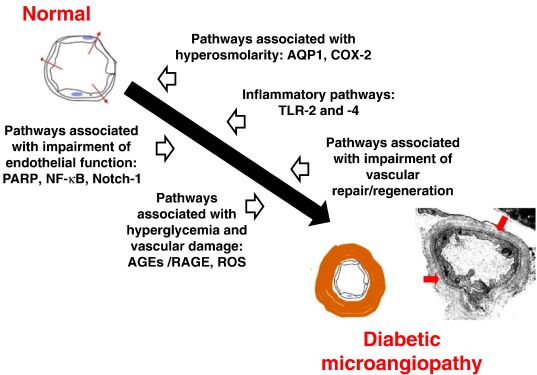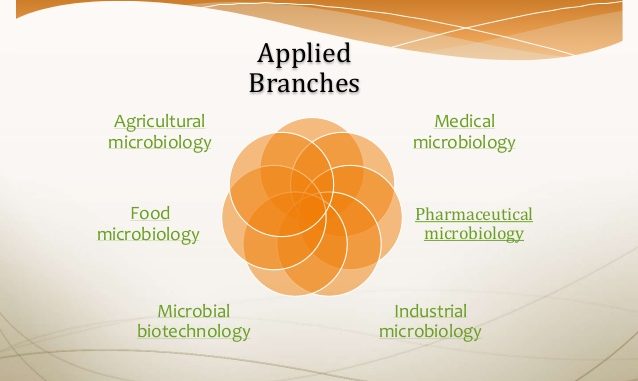What Are The Three Major Theories Of Economics?
Economics, often hailed as the “dismal science,” serves as a powerful framework for understanding the complexities of resource allocation, production, distribution, and consumption in society. Rooted in centuries of intellectual inquiry and real-world observation, economics has evolved into a multifaceted discipline, characterized by diverse theories and perspectives. Among these theories, three major frameworks—classical economics, neoclassical […]
What Are The Three Major Theories Of Economics? Read More »









